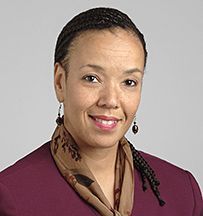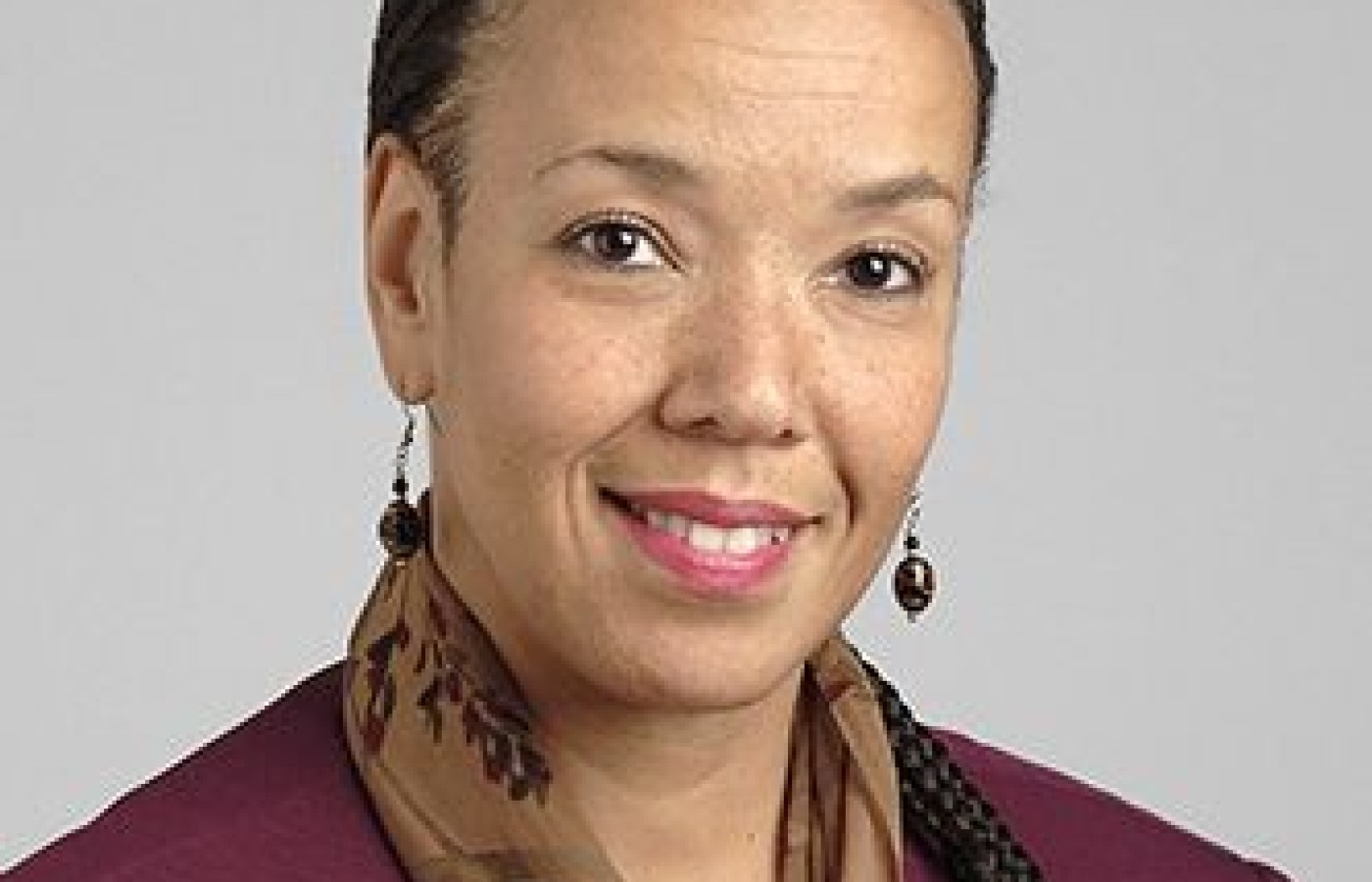The most important relationship I seek to nurture in the treatment room is the one a patient has with their own body. We live in a culture that teaches us to override pain, defer to outside authority, and push through discomfort. Patients often arrive hoping I can “fix” them, but the truth is, we can’t do the work for them. We can offer guidance, insight and support, but healing requires their full participation.
Chinese Herbs Debut at the Cleveland Clinic
Chinese herbal medicine is now being prescribed at the Cleveland Clinic thanks to a trailblazing team of people.
For years, hospitals have offered acupuncture, but have been hesitant toward Chinese herbal medicines because they could not meet institutional requirements. Lead acupuncturist at the Tanya I. Edwards MD Center for Integrative Medicine (at the Cleveland Clinic), Jamie Starkey, and her late mentor Tanya Edwards, M.D. openly addressed all the "controversial" issues and, found a way to bring the Chinese herbal medicine modality to Cleveland Clinic.
The story of how Traditional Chinese Medicine became a part of Cleveland Clinic is important to share with patients and peers. Patients want to know their medicine is a safe and effective choice for their health. Now, you can inform them, that doctors at Cleveland Clinic refer patients to state-licensed Oriental Medicine practitioners, within the hospital, who prescribe Chinese herbal medicines, customized to their needs. This is a substantial upper level institutional move that changes the cultural view of medicine. It helps build trust in Chinese herbal medicine, because it is an accepted doctrine from the top down. It illustrates that doctors trained at the best medical schools, and join the highest-ranking healthcare institutions, value Chinese herbal therapy.

Dr. Tanya Edwards, MD was a trailblazer and pioneer who lived to see her dreams at the Clinic realized and sadly passed away this past March 2014. She left behind a legacy of transformation at Cleveland Clinic, which is sowing seeds of understanding between health care practitioners, doctors and hospital administrators, that holistic medicine is a valuable, patient-centric, modern medicine. This understanding dispels myths and builds bridges of inclusion. In her honor, the Wellness Center was named the Tanya I. Edwards, MD Center for Integrative Medicine.
Cleveland Clinic has been the leader in cardiac care for over 19 years and is consistently ranked and considered one of the top medical centers in the United States. Dr. Edwards began working with Cleveland Clinic in 2004, and was instrumental in designing integrative medicine teaching programs at Case Western Reserve University's College of Medicine and Cleveland Clinic Lerner College of Medicine. Throughout her journey as a student and practitioner, she was passionate about respecting a variety of well-researched, healthcare models of wellness and she was persistent in offering them to her patients.
Tanya wanted patients to be aware of the many types of healing available, in addition to surgery and pharmaceutical drugs. She was meticulous about the program and applied strict hospital processes to each modality. She required stringent protocols and systems for the medical team to collaborate. She faced many peers who challenged her work and knew that it would be essential to build a team that was able to communicate at the hospital level. This was how she met Jamie Starkey.
Starkey was a clinical cardiac researcher at Cleveland Clinic, who followed her passion for Oriental Medicine and joined the Wellness Center as an acupuncturist where she created community style treatments in a hospital setting. Her focus was on herbs, but at the time Ohio didn't have a legal platform for herbal medicine. In 2012, The State Medical Board of Ohio finalized Oriental Medicine regulations. This enabled Jamie to begin to propose that Cleveland Clinic offer Chinese Herbal Therapy with clear guidelines.
Oriental Medicine practitioner requirements include:
- Diplomate of Chinese Herbology in current and active standing.
- NCCAOM approved course on FDA "Dispensary and Compounding Guidelines"
- Herbal Consults need a referral from a MD or DO.
Dr. Edwards was open, yet insistent, that Chinese herbal medicines meet the rigorous criteria of hospital standards. It was then that Jamie began working with Bill Egloff of Crane Herb Co., who Chairs the Chinese Herb Product Committee of AHPA (American Herbal Products Association). Egloff was able to answer Jamie's questions concerning identity, quality and testing of herbal medicines as well as help her find pharmaceutical grade product lines that would also fit with hospital guidelines and reporting.
Hospital reporting requirements are extensive and the OM practitioner must detail any expected symptomatic events, in advance of prescribing an herbal formula. For example: in the event a patient develops a loose stool from a Da Huang-included formula, the practitioner can illustrate that it was an intended response.
Additionally, the regulation requires reporting of all patient side effects, not simply serious adverse events or AER. While it does take an enormous amount of time to report, it also thoroughly educates the doctors involved. The Tanya I. Edwards MD Center for Integrative Medicine at Cleveland Clinic will now be recording the remarkable low-risk of Chinese herbal medicines when prescribed by nationally certified and state-licensed practitioner of TCM, to determine the effectiveness and risk of Chinese herbal medicines.
There are cases where Chinese Herbal Therapy has not yet received the green light. In the case of oncology, the Wellness Center is not yet ready to treat any patients with herbs if they are actively on chemotherapy.
"We know there is benefit of taking herbs during chemo for the side-effects, but we just don't have enough information at this time to make that choice," said Starkey. There is a growing interest in the Chinese herbal modality, and the center is developing a great rapport with routine staff meetings between the acupuncture team and the doctors.
The clinic's lead-herbalist Galina Roofener, a former nurse, has been prescribing quality herbal formulas for five months now. The prescriptions include prepared herb products, and custom herb prescriptions. She is able to compound herb formulas to the exact needs of her patients, with bottles labeled according to FDA guidelines, listing every ingredient by weight including potential allergen warnings, using software designed by Egloff. Egloff has paid close attention to every aspect of federally mandated cGMP issues, helping to ease concerns of hospital pharmacists and doctors.
The modern integrative clinic has been built on the diligence of many experienced practitioners. All along the way, there have been people that put their reputation and career on the line to support and promote the benefits of TCM.
It is necessary that Chinese herbal medicines become an active part of integrative medicine programs.



